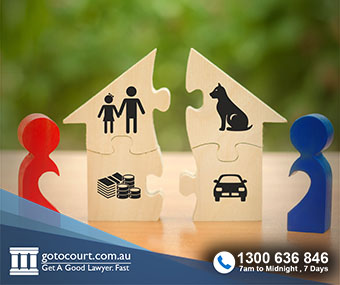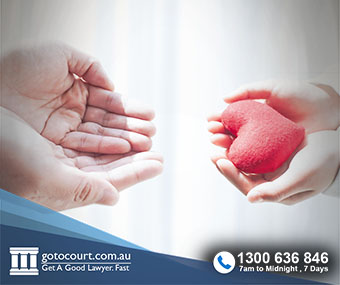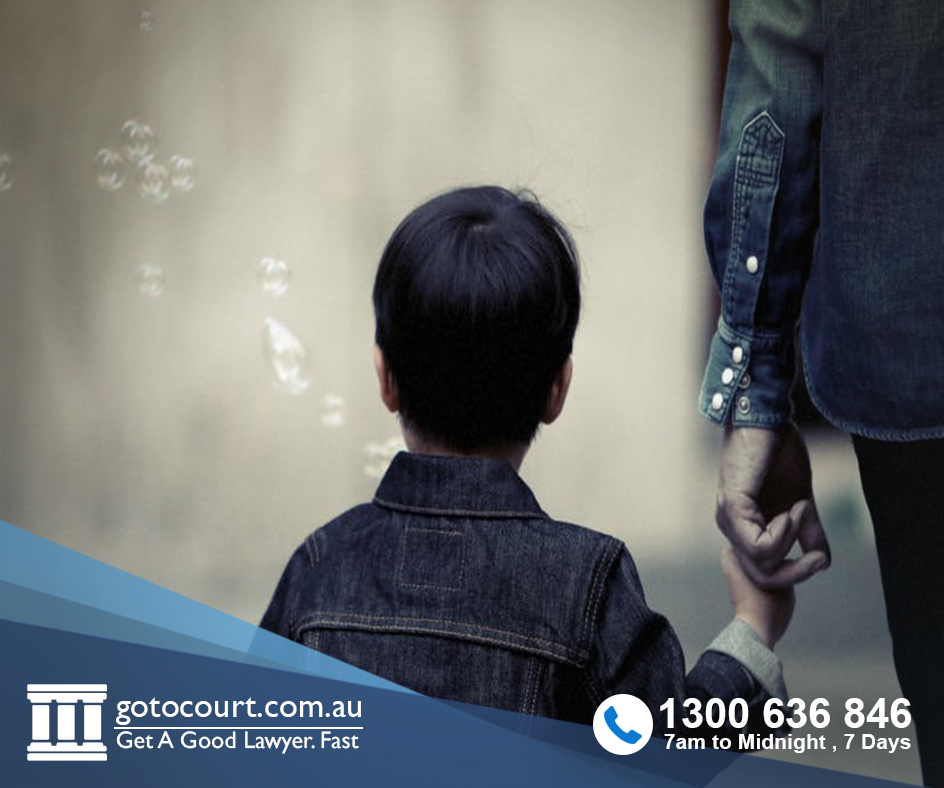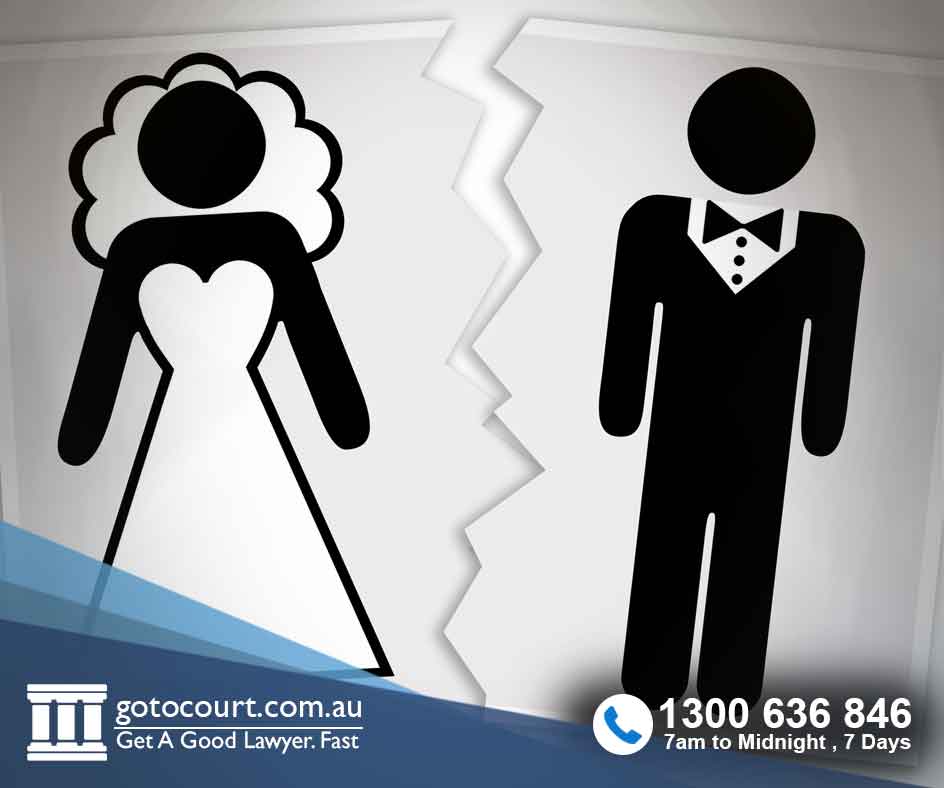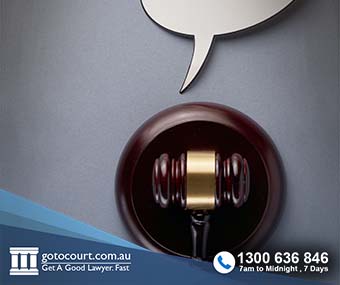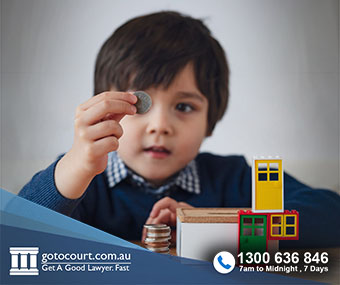Recovery Orders | Family and Divorce Lawyers
A recovery order is a court order that requires a child be returned to their parent or to the person who is responsible for them under a court order. A recovery order can authorise or direct a certain person, such as a police officer, to take steps to find, recover and return a child. A recovery order can also provide directions about the day-to-day care of a child until they are returned or delivered. A recovery order can also prohibit the person from again removing or taking the child. In these cases, a recovery order can authorise the arrest (without warrant) of the person who again removes or takes possession of the child.
The law regarding recovery orders is set out in the Family Law Act.
Applying for a recovery order
You can apply for a recovery order if:
- a child is supposed to live=s with, spend time with or communicate with you under a parenting order,
- you are a person who has parental responsibility for a child,
- you are a grandparent of a child, or a person who is concerned with the care, welfare and development of the child.
You should get as much information as possible to help authorities find and return the child. An application for a recovery order is filed in the Federal Circuit and Family Court of Australia (FCFCA).
If you do not have a current parenting order, you can apply for one at the same time as the recovery order application. On the application form, you must state what orders you are asking the court to make. You should get legal assistance to make sure that this is worded correctly.
You must also file an affidavit to support your application for recovery orders, which should include details of the following points if they are relevant to you:
- A short history of your relationship with the person the child is thought to be with.
- A summary of the previous court hearings and family law orders.
- Details about the child and where they usually live.
- An explanation of when and how the child was taken from you or not returned to you.
- Where the child might be and why you believe that. Your chances of recovering the child will improve if you have information about where the child is likely to be.
- The steps (if any) that have been taken to find the child.
- Why it is in the best interests of the child to be returned to you and the likely impact on the child if a recovery order is not made.
- Anything else relevant to the case, including evidence relating to any complaint that the person with the child might have about you.
Court orders
In deciding whether to make a recovery order, the foremost consideration is what is in the best interests of the child.
The court may make an order for a person to return the child to you at a specific time and place. The court may also make a recovery order which authorises or directs someone, such as the police, to take any necessary steps to find and return the child to you. If the court makes this order, it must be given to those persons directed to return the child.
In most cases this is the Australian Federal Police (AFP). You must also complete the AFP Family Law Information Sheet. The AFP will usually only recover the child if you are nearby and can receive the child, except in exceptional circumstances so you may need to travel to a place to collect the child.
When the child is returned, you must notify the registry staff at the court as soon as possible.
Other orders
In some situations, you may ask the court to issue other orders to help locate the child:
- A Location Order – requires a person to give the court information about the child’s location.
- A Commonwealth Information Order – this requires a Commonwealth Government Department, such as Centrelink, to give the court information about the child’s location that is contained in or comes into the records of the department.
- A Publication Order – allows the media to publish details and photographs of the missing child and the person they are believed to be with.
Orders where the child has or will be taken from Australia
If you think it is likely that the child may be taken overseas you can seek court orders preventing this and allowing the child to be put on a Family Law Watchlist.
If the child has been taken from Australia without your agreement, or has not returned to Australia, you can contact the Commonwealth Attorney General’s Department for help.
Australia has an agreement with some countries to return abducted children to their country of usual residence. This agreement is called the Convention on the Civil Aspects of International Child Abduction (the Hague Convention). If the child is not in a Hague Convention country, you should seek legal advice.
International Social Service (ISS) offers advice, information and referral services to help parents of children where a child has been abducted.
If you require legal or representation in any legal matter, please contact Go To Court Lawyers.


